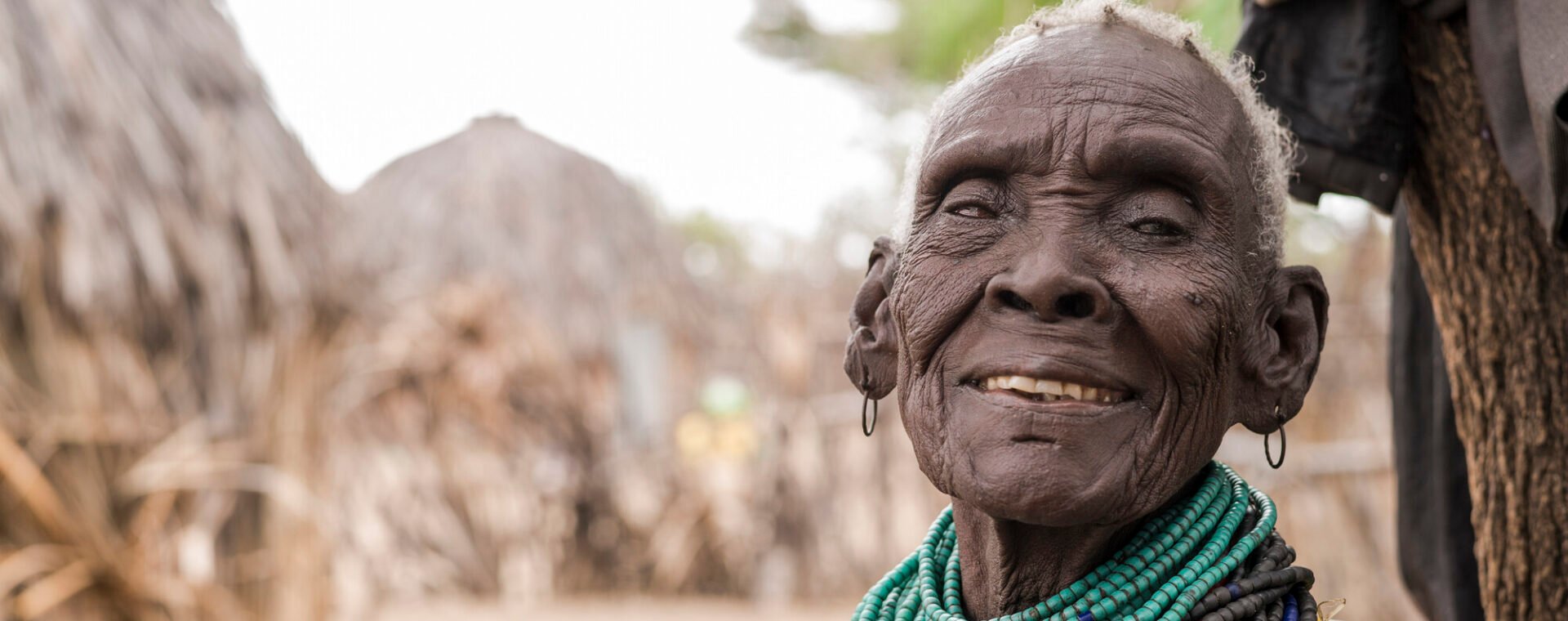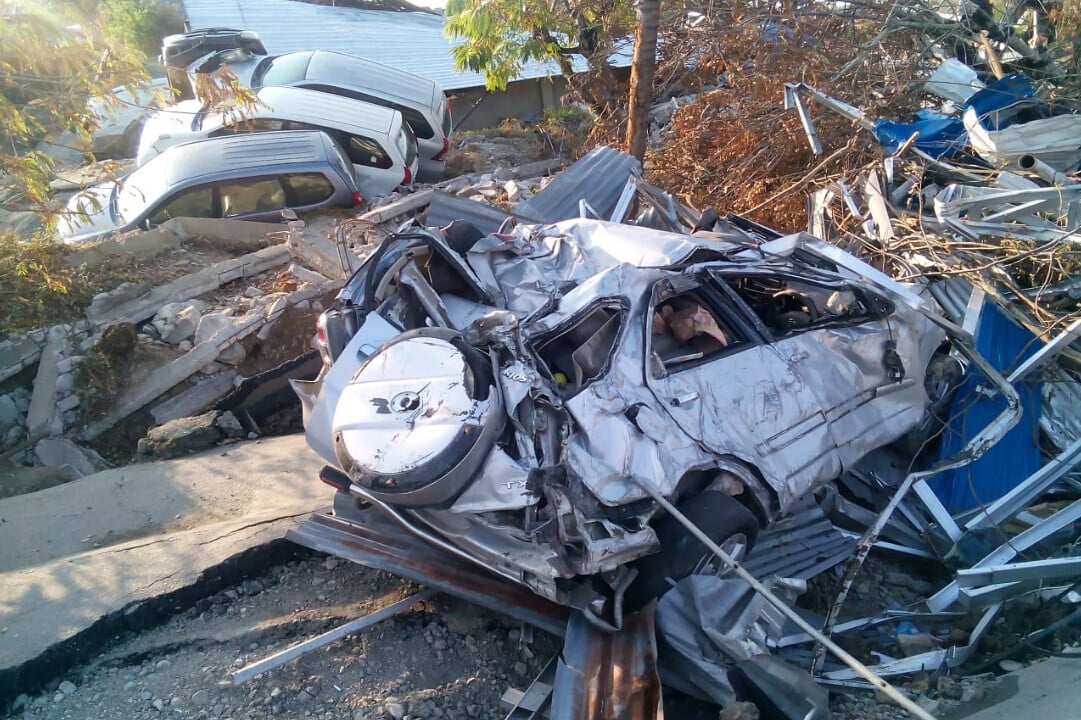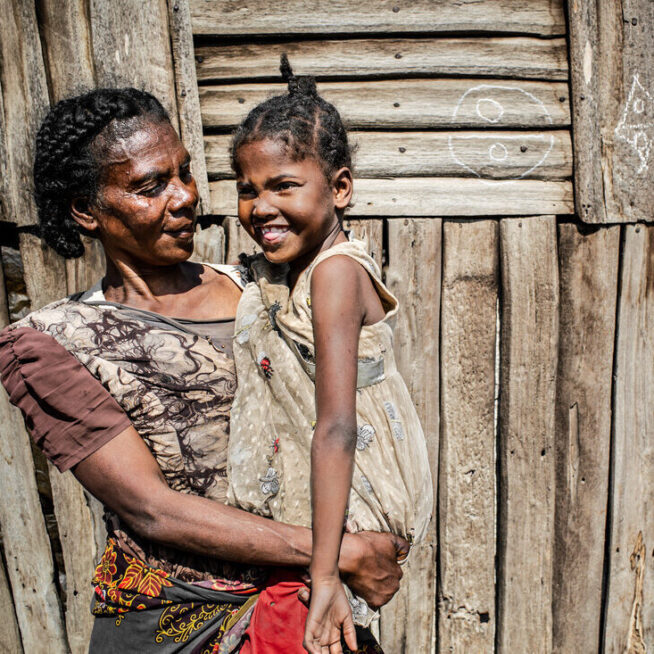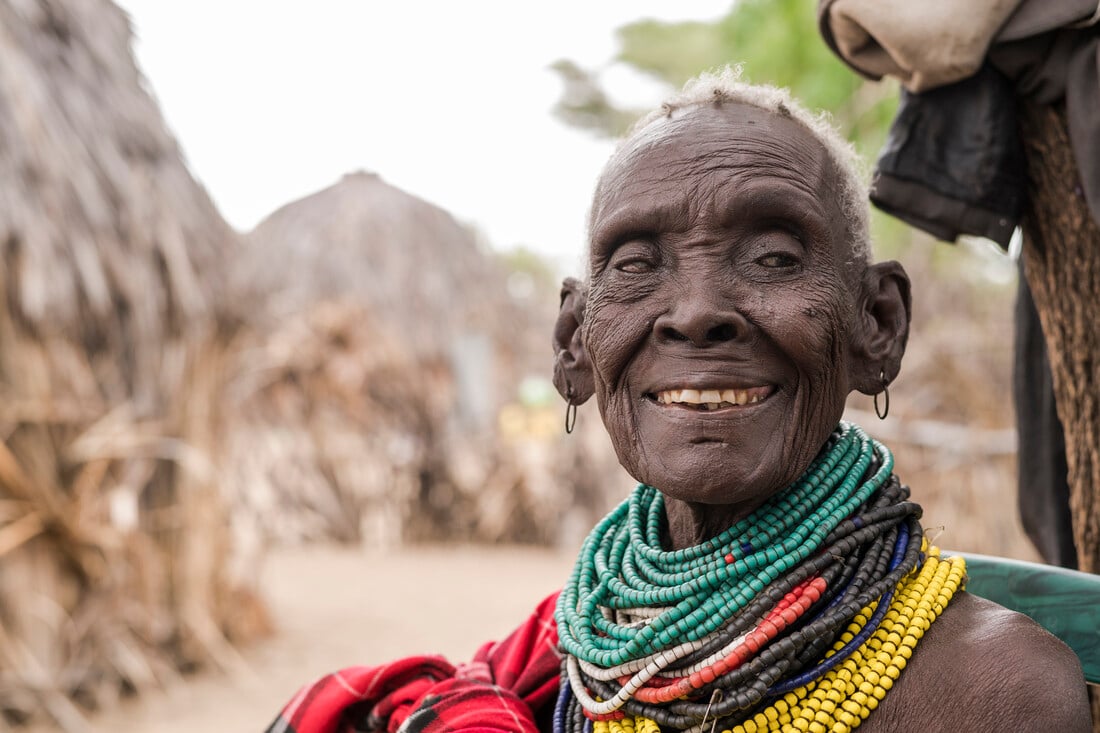When disaster strikes, the most vulnerable are most at risk. In the chaos of the devastation, people with disabilities are often among the worst affected and the last to receive help.
Disability and disasters
People with disabilities are up to four times more likely to lose their lives as a result of a natural disaster. During a crisis, they often cannot escape quickly from danger, miss out on warnings, and lack access to emergency aid in the aftermath.
Assistive devices like glasses, wheelchairs or crutches, which are vital to a person’s independence, can become lost or damaged. People with disabilities are also more likely to live in areas prone to climate-related disasters because they are more likely to be poor.
For every person who dies during a disaster, around three people sustain an injury – many leading to long-term disabilities. The fear, trauma, and loss that many people experience can result in long-term mental health problems.
Our Work
Over the next decade, the number of people affected by disasters and emergencies is expected to treble for multiple reasons, including climate change. Our work with local partners planning ahead in disaster-prone areas to protect people with disabilities will be needed more than ever.
CBM UK supports people with disabilities and communities to recover and build resilience:
- Immediately following a disaster, our emergency response specialists and local partners work to find people with disabilities who have been affected. We meet their immediate needs of food, water, shelter, and healthcare.
- We remain in the affected area after the initial emergency response to develop long-term programmes that help rebuild, restore, and reclaim what was lost.
- We work with communities and organisations to ensure people with disabilities are involved in planning an inclusive response if disaster strikes.
- We drawn on our own experience to train other organisations to ensure that people with disabilities are included in their own responses to disaster and emergencies.
Current appeals
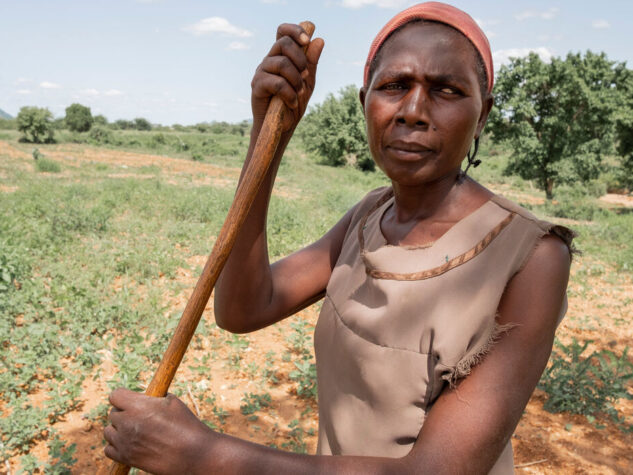
People in Kenya, East Africa, have faced the devastating effects of drought for years. Most recently, the country has experienced heavy rainfall and flooding, further devastating many regions.
People with disabilities are being pushed to the edge of survival, cut off from the support they desperately need. We are working with local partners to build resilience.
Find out more about how you can help us reach those facing crisis.
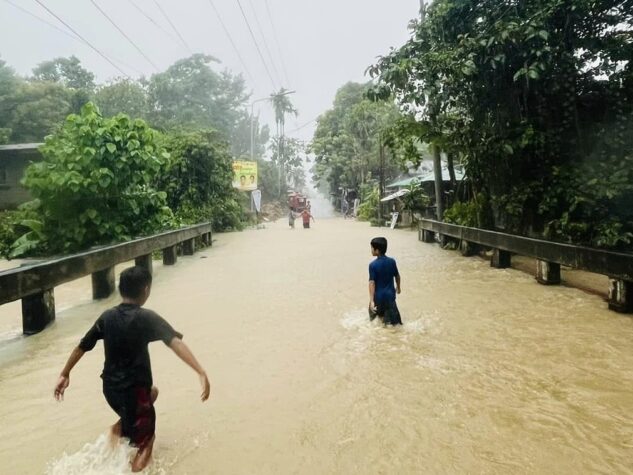
Typhoon Trami has caused widespread destruction in the Philippines. Over 700,000 people have been displaced, with more than seven million people impacted.
For people with disabilities, access to evacuation centres during this emergency is challenging and difficult.
Find out more about how you can provide urgent support for people with disabilities caught in this crisis.
